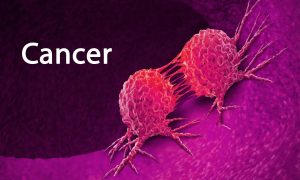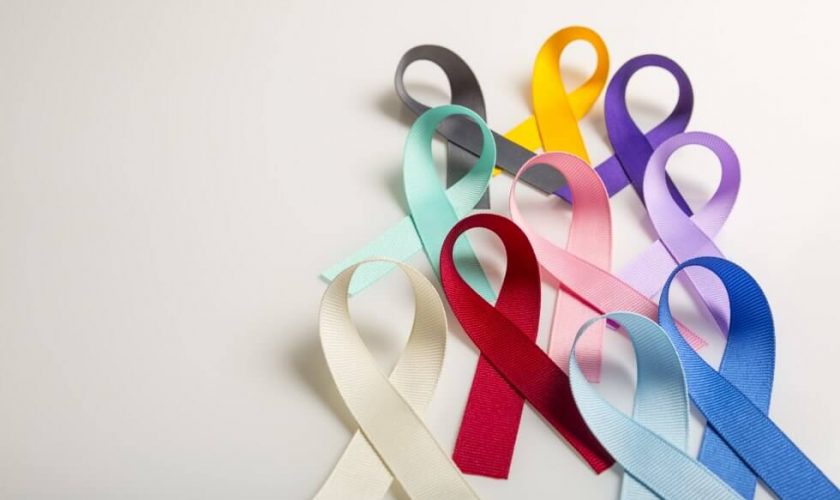The link between cancer and your diet is as mysterious as the genesis of the disease and how it spreads. So many research work has pointed to how nutrients may help prevent or conversely, lead to cancer.
While there are many factors you can’t change that increase your cancer risk, such as genetics and environment, there are others you can control.
According to the statement above, we’ll discuss so risk factors and importance of nutrients and how they could prevent cancer or lead to it.
CALCIUM
Some evidence suggests higher calcium intake can lower the risk for cancer, especially colorectal cancer. Researchers believe calcium binds to bile acids and fatty acids in the gastrointestinal tract. This acts as a shield to protect cells from the damaging stomach acids.
However, other research has shown that extra calcium—2,000 milligrams (mg) or more per day—may be linked to a higher risk of prostate cancer.
EXCESS CONSUMPTION OF ENERGY (CALORIES)
Excess consumption of calories without matching amount of physical activity would lead to an overload of unused energy thereby leading to obesity.
It was estimated in a recent study, from a prospective cancer prevention cohort, that overweight and obesity accounted for 14 percent of all cancer deaths in men and 20 percent of those in women. Significant positive associations were found between obesity and higher death rates for the following cancers: esophagus, colon and rectum, liver, gallbladder, pancreas, kidney, stomach (in men), prostate, breast, uterus, cervix, and ovary.
GLUCOSE METABOLISM
Refined sugar which is a high energy, low nutrient density foods is commonly present in foods termed ‘junks’. This also has been associated with different types of cancers especially colo-rectal cancer.
LOW FIBRE
A diet void of unrefined plant foods would be low in fiber. This type of diet has been linked to high risks of rectal cancer.
ALCOHOL INTAKE
Alcohol is an antagonist of folate. Folate is a B vitamin which helps in DNA synthesis. Over consumption of alcohol leads to low levels of folate in both men and women and this could lead to colon cancer in men and cervical cancer in women.
ANTIOXIDANTS
These are available to help prevent free radicals that damage cells within the body. Its important to consume a variety of fruits and vegetables as they contain different types of antioxidants.
PROCESSED RED MEAT
Processed meat is any meat that has been smoked or fermented or includes added salt and nitrites to enhance flavor. The mechanism is not yet known but the connection between cancer and processed red meat is consistent.
The reaction between nitrites and heme-iron in red meat might just lead to cell mutations.
PROBIOTICS
Probiotics are friendly bacteria contained in foods like yoghurt, kefir, sauerkraut etc. they are beneficial to their host and help balance the gut environment. Probiotics produce short chain fatty acids in the colon, which acidify the environment. Lower colon pH is associated with lower incidence of colon cancer.
VITAMIN D
Vitamin D is produced primarily from the exposure of the skin to sunshine. Even casual exposure of the face, hands, and arms in the summer generates a large amount of vitamin D.
The concentration of the active hormonal form of vitamin D is tightly regulated in the blood by the kidneys. This active hormonal form of vitamin D has the potent anti-cancer properties.
HIGH AMOUNTS OF SALTED FOODS
Eating large amounts of salted foods, such as salt preserved fish, is associated with an increased risk; this might be caused by the salt itself or by carcinogens derived from the nitrites in many preserved foods. Salted food might increase the risk of Helicobacter pylori infection (an established cause of stomach cancer.
SUMMARY
Your food choices and lifestyle could probably predispose you to the risk of developing various types of cancers, especially gut related cancers .
Lifestyle modification can’t really be over emphasized when it comes to healthy living.
SOURCES: https://www.bmj.com/content/368/bmj.m511
https://nutritionj.biomedcentral.com/articles/10.1186/1475-2891-3-19
https://www.health.harvard.edu/cancer/cancer-and-diet-whats-the-connection

